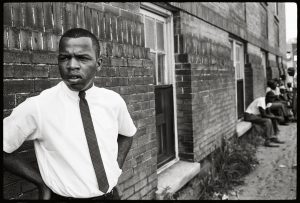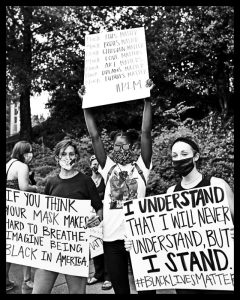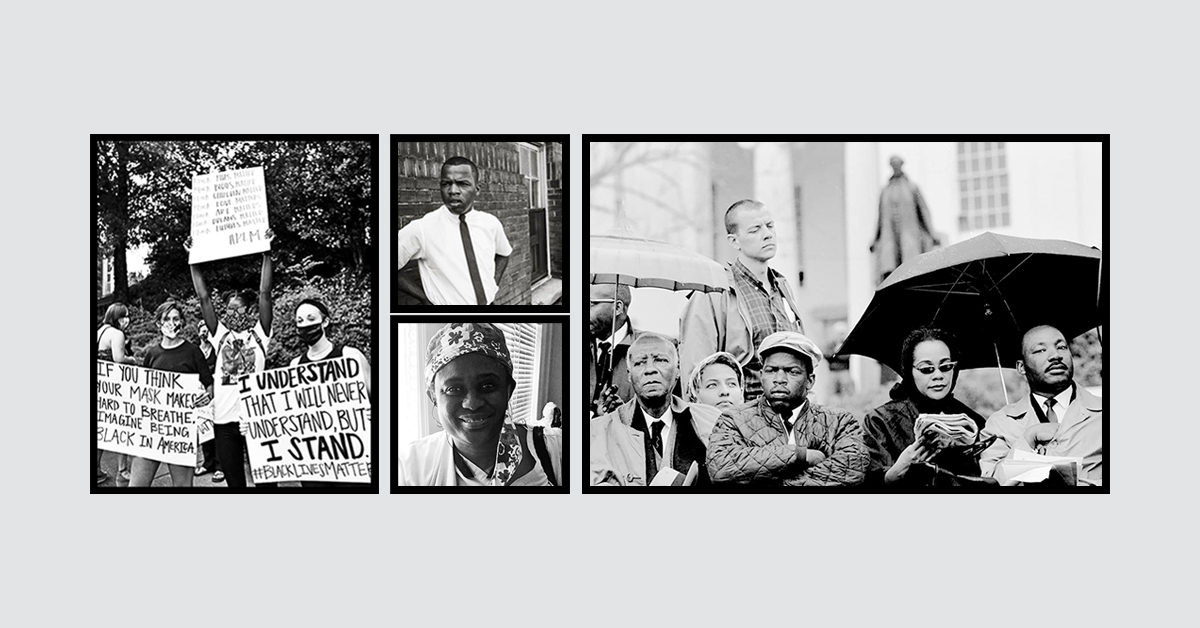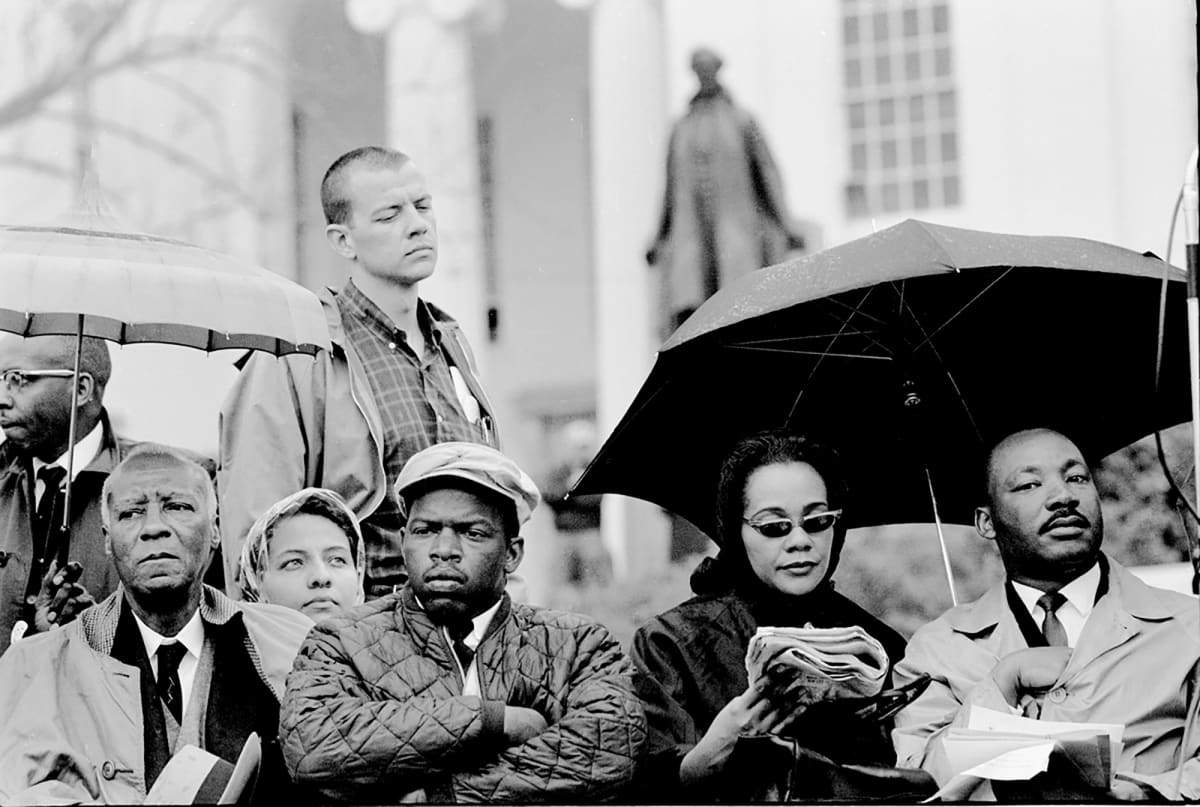Guest post by Paige Weber, managing editor of The Journal of Humanities in Rehabilitation
The Journal of Humanities in Rehabilitation (JHR) is a peer-reviewed, multimedia, open-access journal published in collaboration with the Emory Center for Digital Scholarship (ECDS). The journal aims to raise the consciousness and deepen the intellect of the humanistic relationship in the rehabilitation sciences. Its mission is to encourage dialogue among rehabilitation professionals, patients, families, and caregivers that describe the human condition as it experiences the impact of illness or disability.
- Read the Fall 2020 issue at: https://www.jhrehab.org/
This Fall 2020 Issue introduces a themed series dedicated to topics of social justice as well as the experiences of people caught in the COVID-19 pandemic. At JHR, we believe the humanities serve a fundamental role within healthcare to address uncertainties and offer opportunities to reimagine a more equitable and just future. This underlying belief rings true, now more than ever, as we work to dismantle the systemic racism that has plagued Black bodies and communities for centuries. We do not think we can move forward toward true change until we recognize the fundamental need for humanism in healthcare. We at the JHR are eager to use the journal as a platform to help our readers see these connections and feel inspired to become moral agents of change.
One of the ways the humanities can be used as a vehicle to address this work is by highlighting the value of individual stories and collective narratives. JHR is committed to publishing articles that explore these narratives more deeply while discussing the role they play in the work of rehabilitation professionals and within the context of society. JHR will continue to publish this series on problems with racial injustice and health inequity in each issue moving forward. We encourage our readers to consider sharing their reflections and perspectives as we forge deeper connections together to envision our collective future.
You can preview a few of the featured articles below:
Editorial
 “The Persisting Values of Humanism, Integrity, and Truth-Seeking”
“The Persisting Values of Humanism, Integrity, and Truth-Seeking”
By Dr. Sarah Blanton, PT, DPT, Editor-in-Chief
Presenting the Fall 2020 issue of JHR to readers, Editor-in-Chief Sarah Blanton looks deeply into the role of humanities in healing and inspiring a nation facing challenges both physical and societal. Remembering the last words of Representative John Lewis urging Americans to “stand up, speak up and speak out,” Blanton pledges the commitment of JHR to presenting narratives, both personal and collective, that encourage fundamental healing. She introduces with this issue a themed series dedicated to topics of social justice as well as the experiences of people caught in the COVID-19 pandemic. “We believe, in moments like these, that the next right step begins with seeing each other more clearly and using the humanities as a conduit for exploring the lived experience of others.”
“A Letter to My Mother”
By Ezeoyibo Justin Otiwu, SPT
 An homage to a devoted Charge Nurse, “A Letter to My Mother” lovingly shows what makes a true hero in today’s healthcare system. Ezeoyibo Justin Otiwu’s mother works nights with her COVID-19 patients without complaint and returns home to serve as a caregiver. This letter is a call-to-action for a new perspective on our essential workers, and poignantly drives us to reckon with the question of “how will we advocate for much-needed change to help the system’s valiant fighters?”
An homage to a devoted Charge Nurse, “A Letter to My Mother” lovingly shows what makes a true hero in today’s healthcare system. Ezeoyibo Justin Otiwu’s mother works nights with her COVID-19 patients without complaint and returns home to serve as a caregiver. This letter is a call-to-action for a new perspective on our essential workers, and poignantly drives us to reckon with the question of “how will we advocate for much-needed change to help the system’s valiant fighters?”
 “Black Lives Matter Movement and Social Justice Resources”
“Black Lives Matter Movement and Social Justice Resources”
By Dr. Jennifer Sharp, PT, DPT, CCS and Janna Marshall, SPT
In alignment with our ongoing series dedicated to addressing social change, we offer a list of humanities-based resources for the Black Lives Matter movement and social justice. The materials accessed through the links offered here address art, beauty, dance, ethics, health issues, humanities education, movies, music, writings, and the Black experience in academia and the workplace. Readers are invited to access it frequently to educate themselves, self-reflect, and either begin or add to their journey toward being consistently anti-racist.
“A Challenge from the ‘Otherside of America’: Perspectives from A Black Clinician”
By Oluremi Wanjiru Onifade, PT, DPT and Dr. Sarah Caston, PT, DPT, NCS, GCS
In this stirring account, Oluremi Wanjiru Onifade and Sarah Caston present an honest and compelling look at the challenges within the physical therapy educational community for Black and brown people. Onifade paints a picture of her life growing up as a Kenyan/Nigerian queer-identifying Black American, and the obstacles she overcame on the path to her DPT. Her account ends where she challenges her colleague Caston: “There is a lack of representation of Black and brown people teaching in your PT program. Are you willing to do something?”
In response, Caston describes how that direct question changes her perception as an educator. She asks, “What does it look like for me, a white, heterosexual, cis-gender woman, to stand up to racism? And again, I ask, what does it look like for the profession of physical therapy to do the same?”
Historical Perspectives in Art
“The Value of Art History in a Pandemic: Teaching as a Healing Force”
By Dr. Siobhan M. Conaty, PhD
In this powerful reflection, Siobhan Conaty shows how art history as a health humanities discipline can provide two uniquely different (yet equally important) teaching methods for students reckoning with a health crisis. One critical (the study of graphic pandemic images) and the other therapeutic (looking to art as a powerful healing instrument), each serves an important purpose. Conaty details the positive approach she recently chose for her students: emphasizing art as a healing force.
+
Members of the JHR staff worked diligently to bring together this latest journal issue. Elizabeth Lummus, a Master of Public Health (MPH) Candidate at Emory University’s Rollins School of Public Health, continued her work on JHR through the ECDS by handling all of the production and layout responsibilities for the expanded Fall 2020 Issue. Dr. Kayla Shipp, Digital Scholarship Specialist at ECDS, supervised the production and layout schedule, and advised on troubleshooting and how to incorporate the new special section into JHR’s format. Jamie Fleshman, SPT continued her work as Senior Digital Graduate Editorial Associate and created article PDFs for the Fall 2020 issue, wrote a book review, and researched images. Joe Fritsch, Digital Scholarship Technical Lead at ECDS and English doctoral student at Emory, continues to guide the reviews of the national CHEP-JHR student essay contest. Eric Holshouser, SPT, PE joined JHR as a Graduate Assistant and is working on JHR’s social media outreach. Dr. Melissa McCune earned her Doctor of Physical Therapy (DPT) degree from Emory University’s School of Medicine in July 2020, and was promoted to Associate Managing Editor of JHR. Dr. Sarah Caston, PT, DPT, NCS, joined JHR as Faculty Assistant Editor, focusing on the “Narrative Reflections” section.

